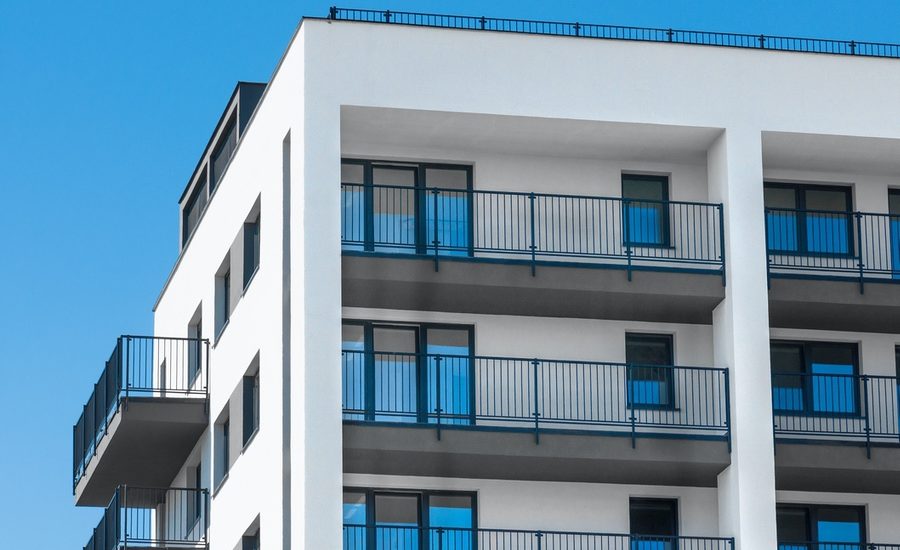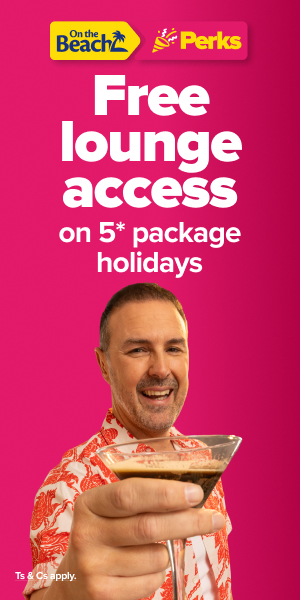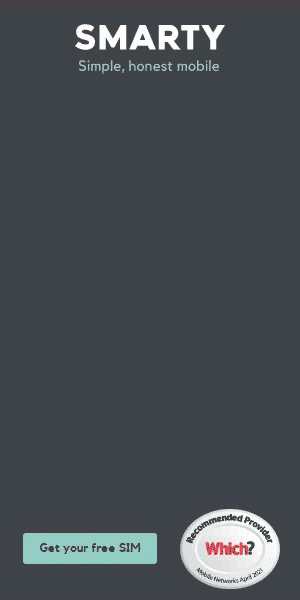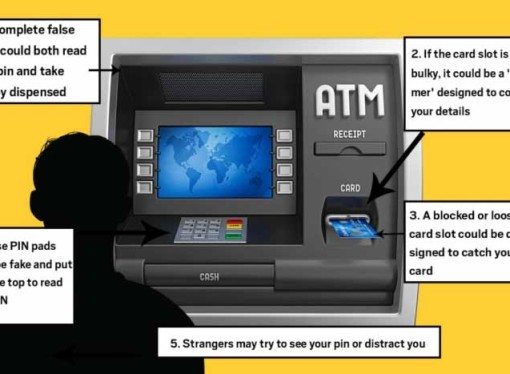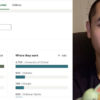What is Rent to Serviced Accommodation?
Basically, it’s renting a property from a Landlord and then putting it on AirBnb, Booking.com or similar and renting it out as a fully furnished holiday home, short-term rental (e.g. for business trips) or for long weekend trips (e.g. for a wedding, family gathering or trip to a city).
This is aimed at people that could get away with a hotel room but prefers the luxuries of a kitchen, washing machine, living room, etc or want to share a flat/house with others to keep costs low.
Why would a landlord allow this?
They want a guaranteed rental income, potentially on a property that has typically struggled to get longterm tenants.
Maybe the landlord is disappointed with their property or they’re tired of the faff of getting tenants.
Finally, the landlord may simply be an accidental (e.g. someone died and left them the house) or amateur landlord (that just wants a steady income without the faff).
What are the benefits of Rent to Serviced Accommodation (R2SA)?
- Like a mortgage you have to pay a fixed monthly fee to the landlord, however, you get to keep the 25% deposit you would have otherwise had to pay to secure the property!
- They create high cash flow, as long as you rent it out in a way that will create more income than you pay the landlord each month.
Things to check/consider (several are often missed):
- Does the rental allow you to do this?
- If it’s a flat within a building it likely will be leased, check if this sort of structure is allowed.
- If it’s a mortgaged property again you would need to check short term rents are allowed
- You have to pay (& consider) council tax, utility bills, wifi, maintenance, minor repairs etc etc
- If you have the time to set up the processes (you ideally don’t want to be doing all the hard work on this)
- That you’ve calculated the occupancy rate (remember you will have some days/weeks empty), a good starting point is 70% occupancy.
- People will have expectations, e.g. guests will expect the house cleaned, bedding and towels to be changed every couple of days etc, you should probably employ someone to do this
- If you have a suitable insurance setup (both professional indemnity, public liability and contents insurance at minimum).
- You need to be open with the landlord about what you’re doing, if you’re not then that will lead you down a bad path!
Can someone explain this to me?
@propertyempress Sharing a draft 💛 #r2r #passiveincome #timefreedom #propertyempress #Airbnb #notfinancialadvice #benefits #abundance #family

